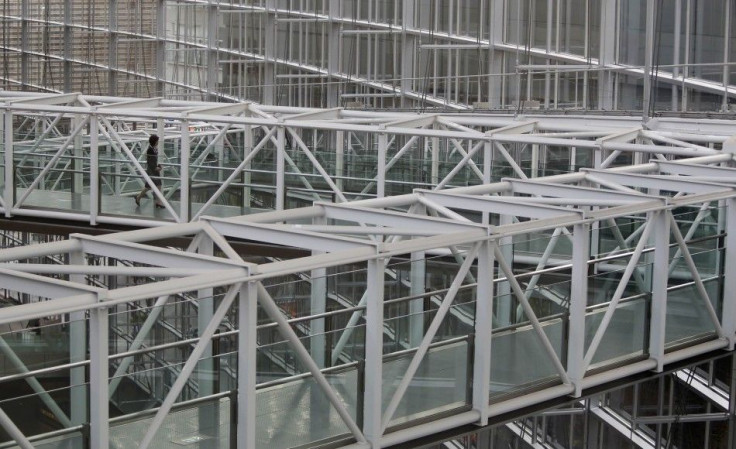Tokyo Earthquake: 16 Injured, Railways Delayed, No Tsunami Alert Raised

A powerful 6.0 magnitude earthquake shook Japan's capital city,Tokyo on Monday, injuring 17 people and causing delays in the city's railway systems. Despite the magnitude, no tsunami alert was raised.
The temblor struck 60 miles south of Tokyo on early Monday morning, at 5:18 a.m. local time.
The Japan Meteorological Agency said the quake triggered 162 kilometres below the seafloor off Izu Oshima island. It didn't raise a tsunami alert.
Though the agency pushed aside the chances of aftershocks, it still warned the public to stay alert for the next few days.
"The earthquake is believed to have occurred inside the Pacific plate and it doesn't seem to be related to an earthquake that could occur directly beneath Tokyo, which would have a different mechanism. It is unlikely to be followed by active aftershocks, but people should take precautions for the next several days," Yohei Hasegawa, a Japan Meteorological Agency official in charge of monitoring earthquakes and tsunami, said at a news conference.
The reported list of injured came from Tokyo and Chiba, Kanagawa and Saitama prefectures, the Internal Affairs and Communications Ministry's Fire and Disaster Management Agency said.
The list of casualties reportedly fell from some of the buildings as the quake struck. It was the strongest felt in the Japanese capital since the March 2011 magnitude-9.0 earthquake and tsunami which left more than 18,500 people dead or missing.
Kyodo News reported the capital's subway systems suspended operations after the quake, while some other train services were delayed or canceled.
The Nuclear Regulation Authority said no damages were received from regional nuclear facilities, including the already massively crippled Fukushima Daiichi plant.
There were likewise no problems found in the four runways used for domestic flights or in other airport facilities at Tokyo's Haneda Airport, Asahi Shimbun reported, citing officials in charge of disaster management.




















